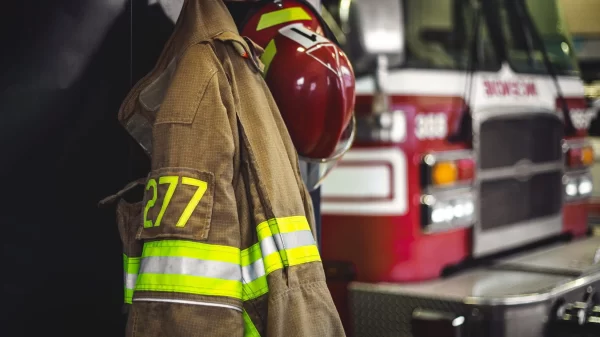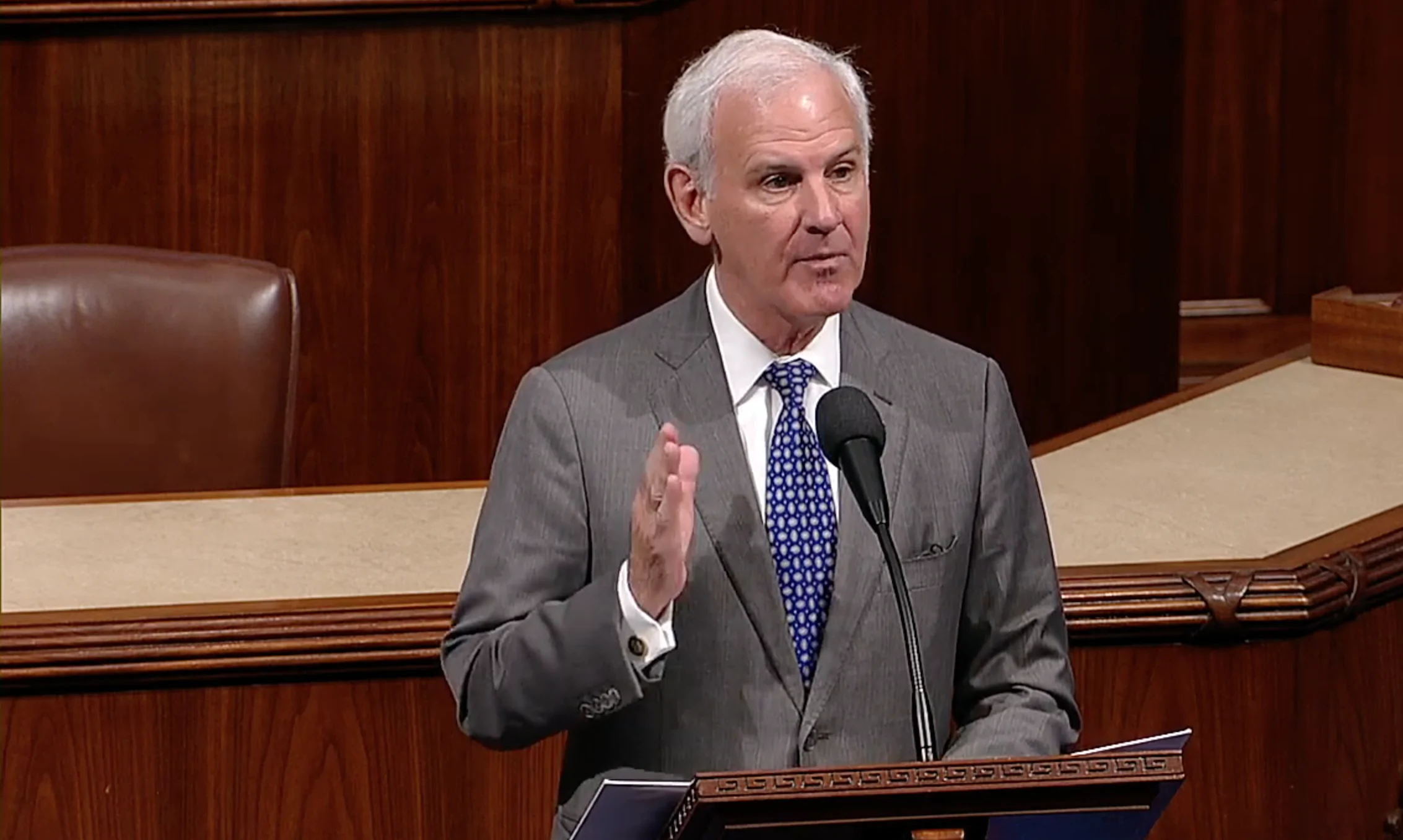Sunday, Senate candidate Congressman Bradley Byrne, R-Montrose, expressed his opposition to a federal government plant to relocated coronavirus infected people in Anniston.
“The people of Alabama DO NOT want the coronavirus brought here,” Congressman Byrne said. “I’m fighting to bring this to a full stop. Leave these people in the place they came to, don’t spread them around the US, and keep them OUT of Alabama. The risk is much too high.”
Alabama Governor Kay Ivey (R) also expressed concerns about the federal plan to relocate coronavirus exposed passengers to Anniston. Coronavirus infected persons could be in Alabama as early as Wednesday.
“Late Friday night, the U.S. Department of Health and Human Services (HHS) informed me about their proposal to transport Americans who have tested positive with the Coronavirus (COVID-19) from the Diamond Princess cruise ship to a FEMA Center for Domestic Preparedness (CDP) in Anniston,” Ivey said. “Sensing the urgency, I quickly informed the offices of Senators Richard Shelby and Doug Jones and Congressman Mike Rogers, as well as Dr. Scott Harris with the Alabama Department of Public Health.”
“On Saturday, it appears that a press release from HHS was inadvertently, and perhaps prematurely, sent notifying the State of Alabama that these individuals were scheduled to begin transporting to Alabama as early as Wednesday,” Ivey continued.
“Obviously concerned, there were a number of conversations between HHS, the White House, my staff and me, as well as two rounds of conference calls including the senior staff of the Congressional Delegation to try to clarify HHS’ intent and reasoning for selecting Alabama,” Ivey continued. “On one of the calls, they informed us that the CDP in Anniston is only being considered as a “back-up” plan, in case they run out of alternative locations. They assured us on both calls that no decision had been made to send anyone to Anniston.”
“I made it abundantly clear that while the State of Alabama wants to work closely with the Trump Administration to assist fellow Americans who may have tested positive for the Coronavirus, there were some grave concerns about why the site in Anniston was chosen and how, logistically, this would play out in the event this back-up site were to be eventually activated,” Ivey said in a statement to the media. “First and foremost, my priority is to protect the people of Alabama. While locating these folks in Alabama is currently a backup plan, this is a serious issue and we need to be fully aware of the facts regarding the potential of housing them in Anniston.
“I am grateful to Senator Shelby and his team for coordinating today’s effort to send officials from HHS to Alabama to provide further clarity to this situation,” Ivey said. “I also appreciate Congressman Rogers for speaking with the President and informing him of the concern of the people of Alabama. Through these coordinated efforts, we will begin a process that will be transparent, and hopefully find a solution of which we are united and comfortable with.”
Congressman Rogers expressed his concerns about the coronavirus infected persons being housed in the Third Congressional District.
“Earlier this evening, I spoke with President Trump,” Rogers said in a statement on Saturday. He agreed with me that the decision by the Department of Health and Human Services to house those Americans exposed to Coronavirus at the Center for Domestic Preparedness in Anniston is the wrong decision. President Trump had no advanced notice and these individuals were brought to the continental United States without his consent. I will continue to work with President Trump and HHS to find the best facilities that meet the needs for those Americans that have been exposed to this dangerous virus. The CDP is not that place.”
Byrne shared Rogers comments and added, “We’ve been tracking the issue and I’m glad to stand with Rep. Rogers and President Trump as we work to stop this ill advised plan.”
Coronaviruses are extremely common throughout the animal kingdom and are one of the causes of the “common cold.” This is novel (new) strain of the virus, that appears to have come from bats. Researchers are calling this disease COVID-19, short for “coronavirus disease 2019.”
As of Sunday morning, there have been 78,966 diagnosed cases of COVID-19. 53,079 of these are still active. 23,418 people have recovered from their illness and been discharged. 2,469 have died. Most of these are in China, where the plague originated; but at this point the disease has spread to 32 countries.



















































